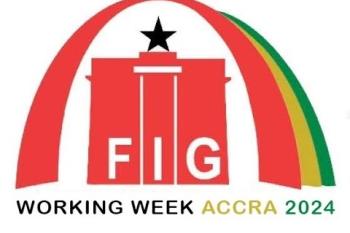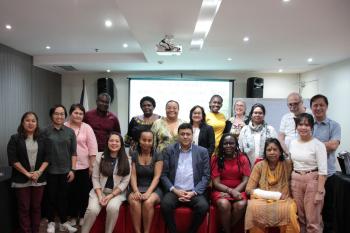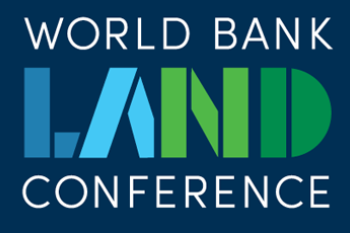
Empowering women through land rights in Zambia
In many countries of the Global South, the struggle for gender equality finds its ground in the fight for land rights. Despite global pledges, women continue to face barriers in accessing and controlling land, perpetuating cycles of discrimination and economic vulnerability.
In Zambia, for example, a mere 13 per cent of land title deeds were issued to women between 2000 and 2019. This lack of legal rights exposes women to land grabbing and sometimes violent disputes, further exacerbating their exclusion, particularly after a spouse or father death or a relationship breakdown.
Anna, a widow reliant on seasonal farming whose husband passed away, was left having to navigate challenges on her own. “When you don’t have a husband, people can do anything to you because they know you are just a woman,” says Anna Lunsungwe.
In another village, Faless Ngoma, wife of Headman Kasheta of the Chamuka Chiefdom, faced a different but equally daunting reality. As her husband mediated land disputes, Faless witnessed firsthand the turmoil that erupted when land rights were not clearly defined. “My husband was always on the go resolving land related disputes. It was such an agonizing experience, as some aggrieved parties would sometimes engage in physical fights that left others seriously injured,” she shared.
Land certificates
These stories echo the urgency of ensuring equal land rights for all to ensure the prosperity and harmony of entire communities. Recognizing these issues, UN-Habitat and the Global Land Tool Network (GLTN) adopted a multifaceted approach in Zambia, spanning from securing land tenure for women and youth in informal settlements to promoting low-cost housing initiatives through women cooperatives. By engaging with local and national government partners, UN-Habitat has facilitated capacity development and policy updates, laying the groundwork for transformative change.
“I used to fight with neighbours during farming season because some people would encroach on my land,” Anna says. “The fights were recurrent until the land was mapped and I got my land certificate. I can now sleep peacefully. As a widow, the customary land certificate has given me insurance.”
Through community participation and targeted initiatives, UN-Habitat has made tangible progress, issuing 1,882 new customary land occupancy certificates to women since 2016. These efforts have not only enhanced tenure security for women but also fostered stability and reduced land disputes, contributing to the overall socioeconomic well-being of women specifically and the entire communities more broadly.
Building a better urban future
“We used to live in constant fear of losing our land such that visiting our relatives was far-fetched because we were afraid of the land been grabbed from us. The issuance of land certificates marked a turning point in our lives, providing a solid foundation for my family's security,” says Grace Chikandas, another beneficiary of UN-Habitat’s initiative.
Testimonies such as Anna’s and Grace’s underscore the profound impact of land rights on women’s empowerment, both legally and economically. Investing in women’s land rights is not only a matter of human rights; it is also a catalyst for poverty reduction, economic development, and sustainable progress.
Power of unity
In a world of multiple challenges, strength can be found in collaborative efforts. UN-Habitat’s initiatives in Zambia exemplify a commitment to gender-responsive land governance, laying the groundwork for inclusive and equitable development. By empowering women through land rights, UN-Habitat is not only advancing gender equality but also fostering a more just and prosperous future for all.
Together, through shared efforts and targeted actions, we're not just dreaming of a better future – we're actively shaping it. By rallying around women empowerment, enshrined in the Sustainable Development Goals (SDGs) and the New Urban Agenda, we're paving the way for transformative change on a global scale.
It's time to roll up our sleeves and make our collective vision a vibrant reality for generations to come. Let’s invest in women to accelerate progress.


